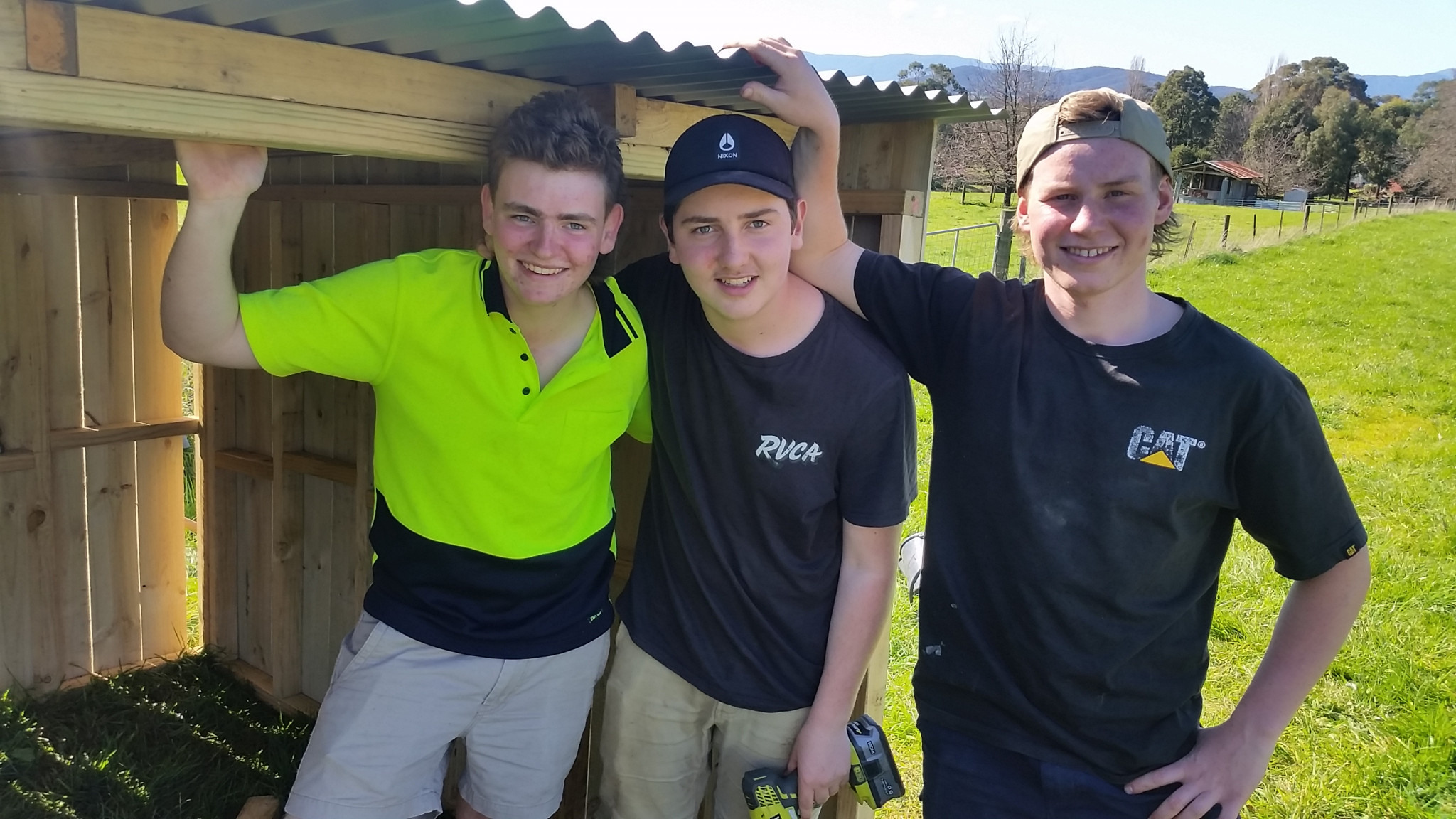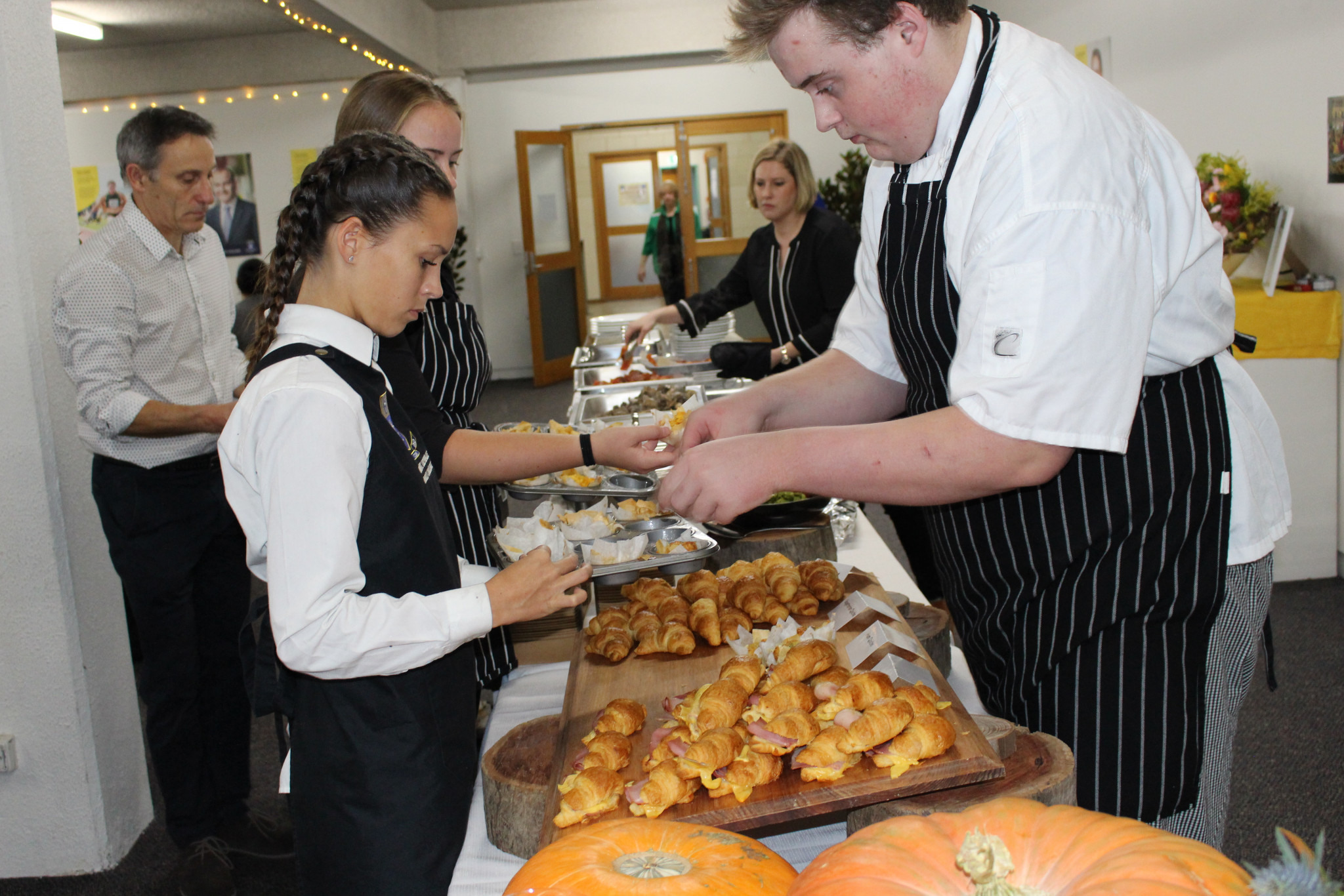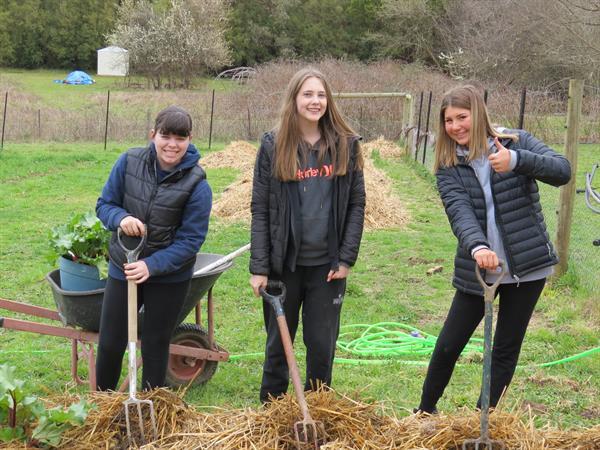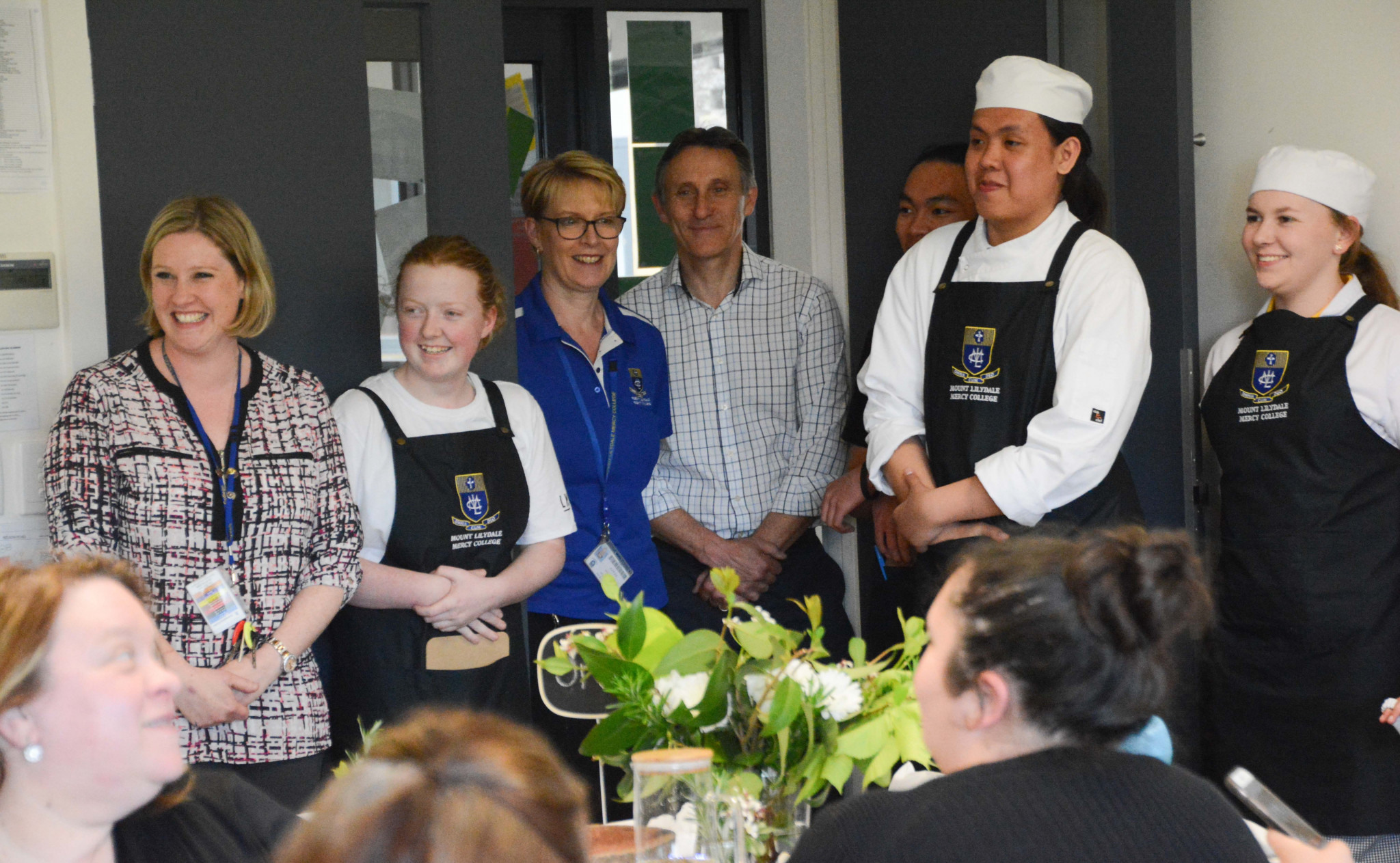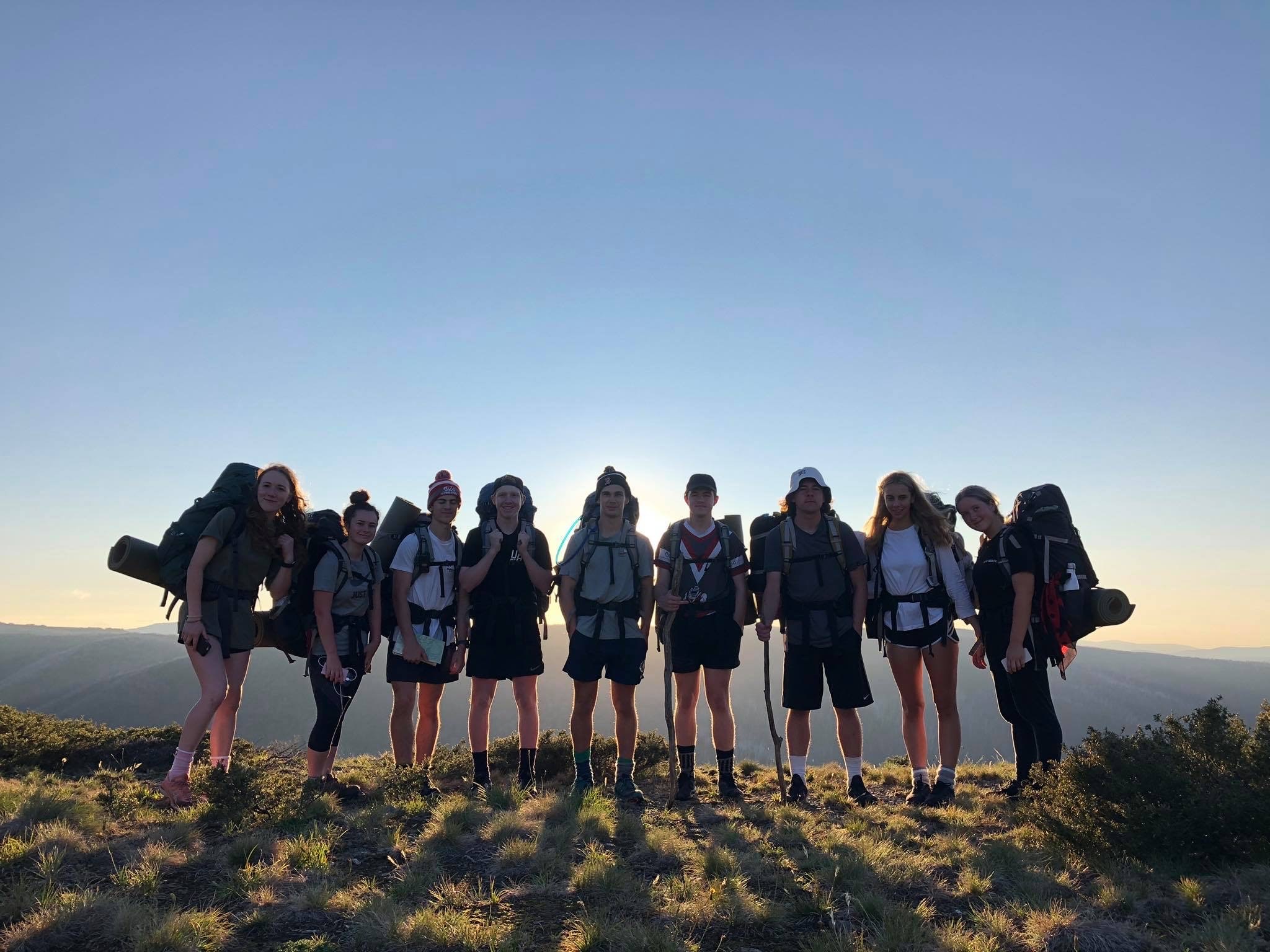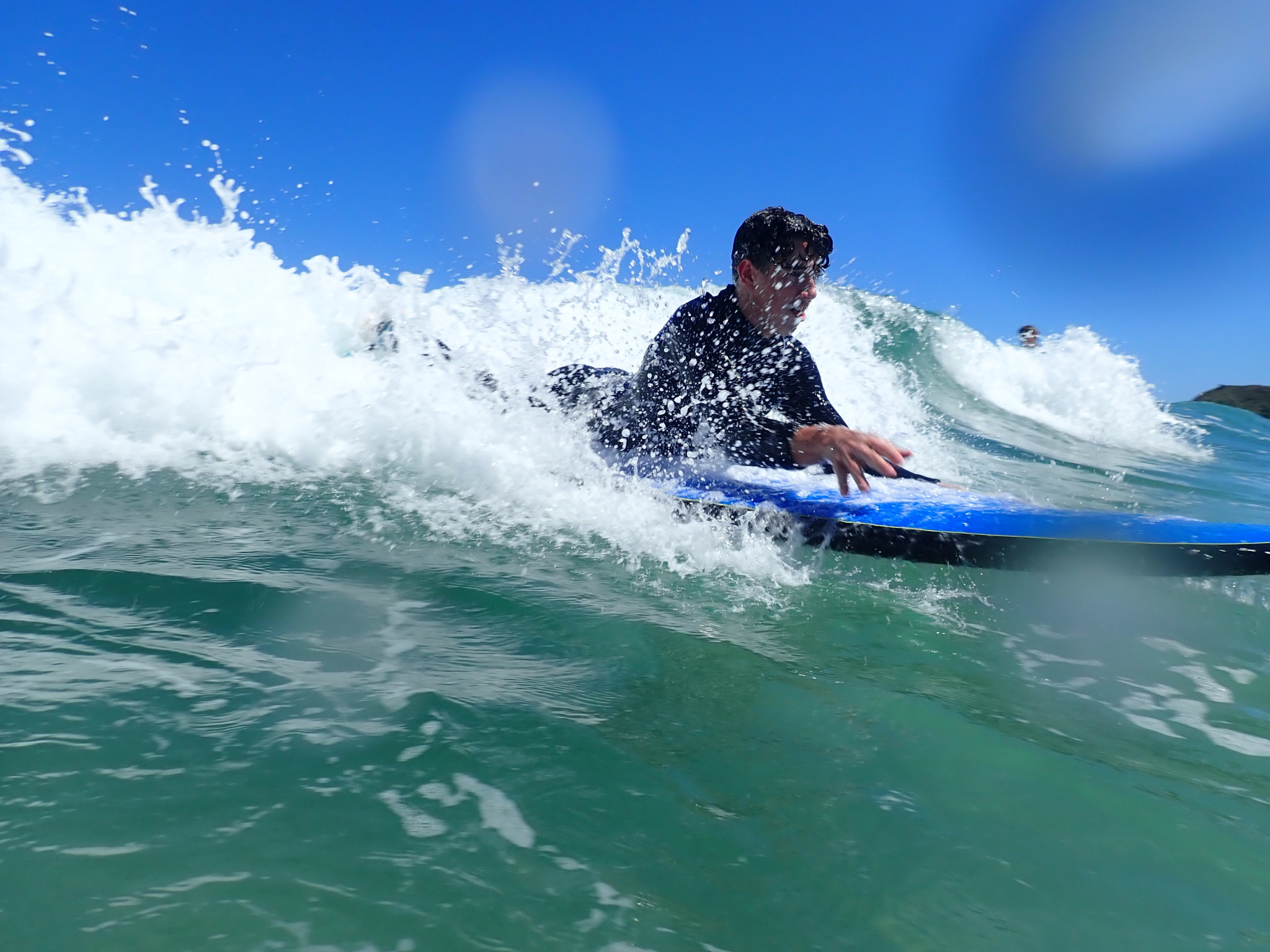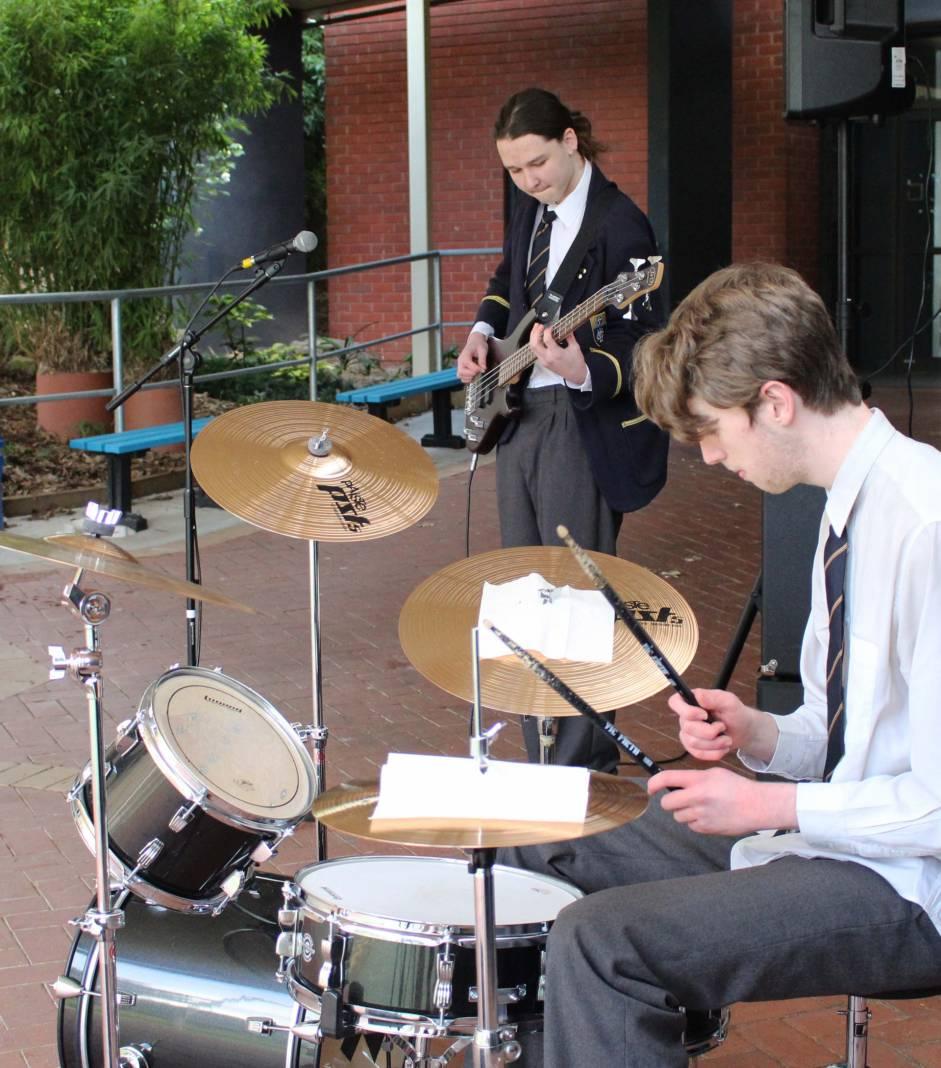As we continue to take a look back over 125 years of MLMC history, we look at the introduction of Vocational Education and Training (VET) and Victorian Certificate of Applied Learning (VCAL) courses in providing our students with another avenue to learn and succeed to be their best. Many initiatives and projects that have been undertaken by the VET and VCAL students have helped the wider community of MLMC.
2004 — VET and VCAL
In 2004, the College piloted the VCAL program in Year 11. Ever conscious of how students learn in different ways, the College had investigated the possibility of having a "greater range of pathways that enhance successful transition from school to work and further education" and VCAL’s ‘hands-on’ approach seemed to be the right fit.
VCAL covers four core areas: literacy and numeracy, work-related skills, industry-specific skills and personal development. Its successful implementation paved the way for VET to also be introduced into senior studies with the units counting towards the student’s ATAR.
"Witnessing students finding their place and working towards their chosen pathway is the best reward for our holistic program," Applied Learning Leader Mrs Kristy Brown said.
Both of these vocational pathways have proven very successful and by 2020 there were 53 students enrolled in VCAL across Years 10-12 and 216 students undertaking a VET course. It has been stated that the College "continues to embark on various new initiatives to increase educational pursuits, both academically and vocationally, ensuring broad opportunities for all students".
The traditional trades such as engineering, building and construction, electrotechnology, landscaping, agriculture, automotive and plumbing or the option to follow a pathway in screen and media, music, allied health, animal studies, beauty services, salon assistant or early childhood education matches student interest and career directions through the provision of strong pathways.
"The VET courses above provide a snapshot of the most popular selected by MLMC students," VET Leader Mr Andrew Feher said. "Once studying a VET course, students are presented with opportunities to develop strong links with industry and local community employers. Students undertaking structured work placements or school-based apprenticeships improve their employment prospects and many are offered part-time or casual work."
Note: photos are from VCAL and VET activities in recent years, before COVID-19.
